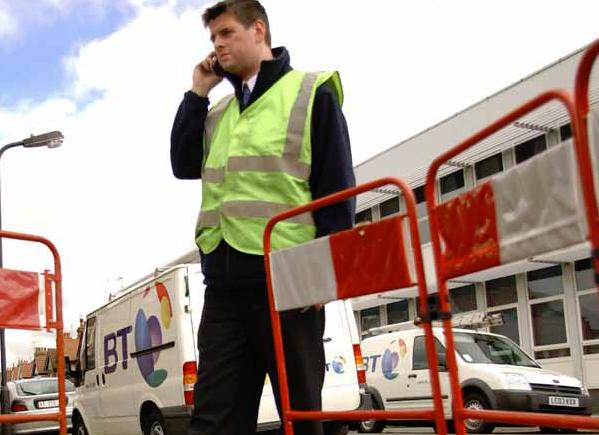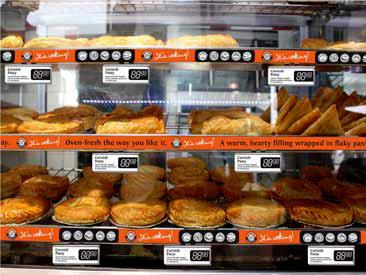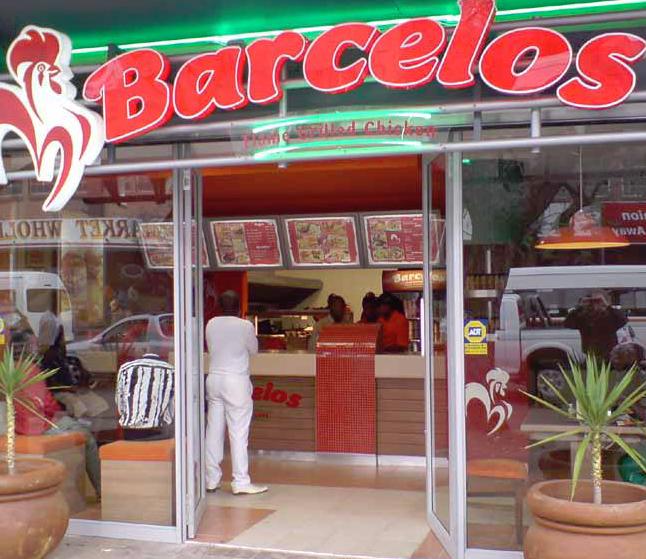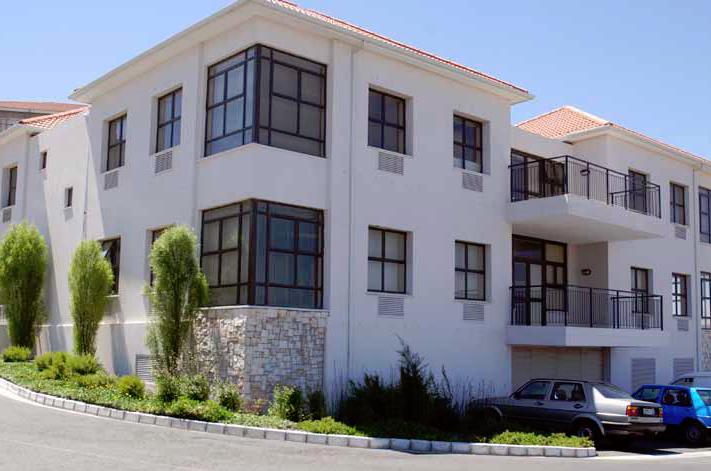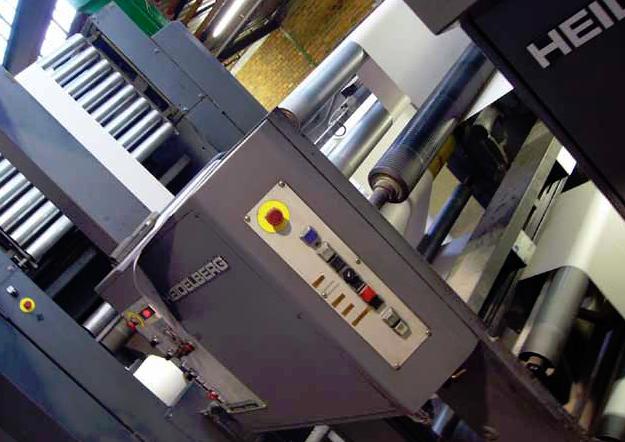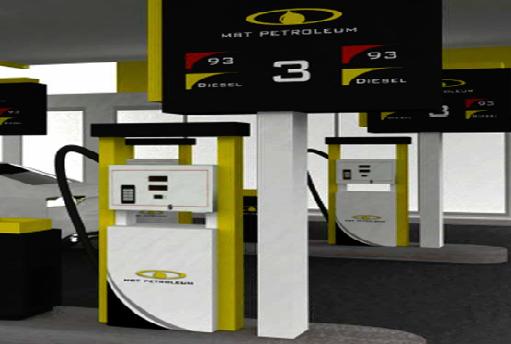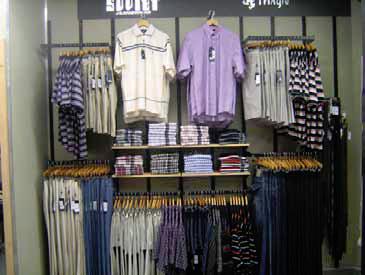
ABB has won an order worth $43 million from South African electric utility Eskom to supply equipment for a new thermal power plant being built in Mpumalanga, South Africa.
The new Kusile coal-fired plant comprises six supercritical combustion units with a total generating capacity of 4,800 MW.




